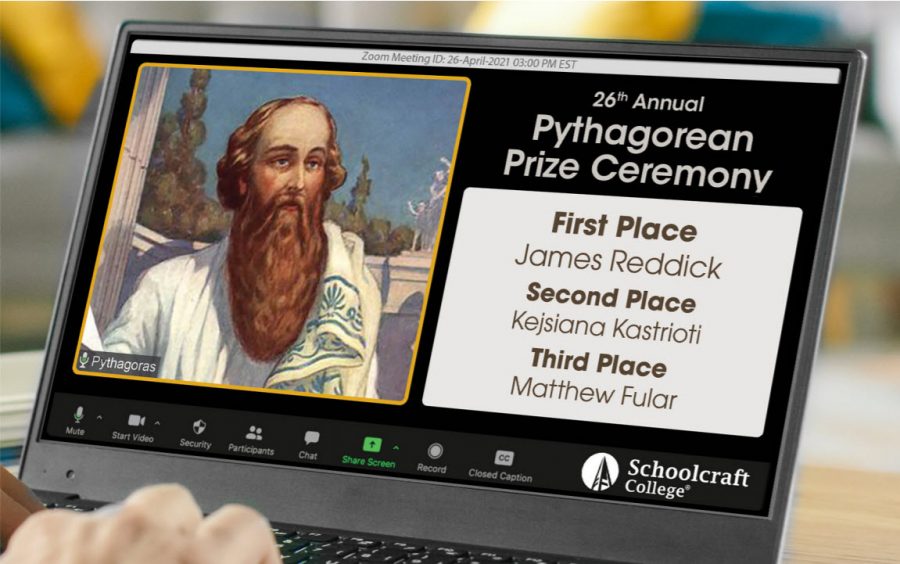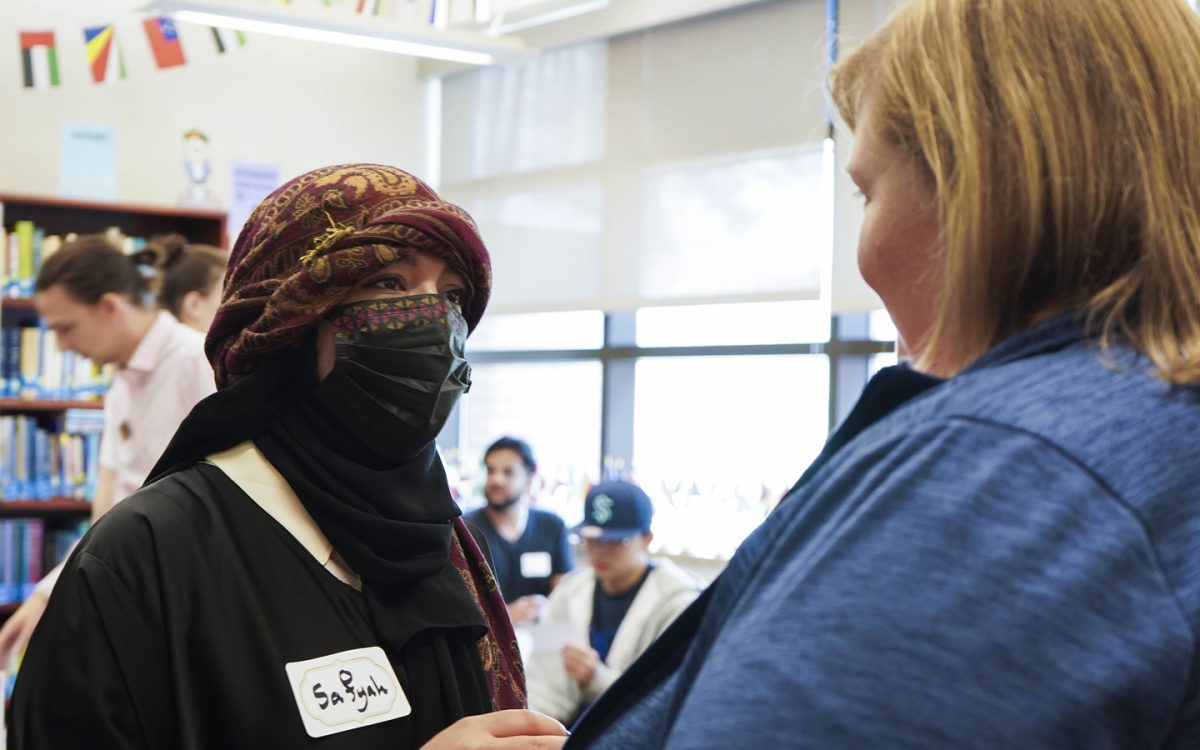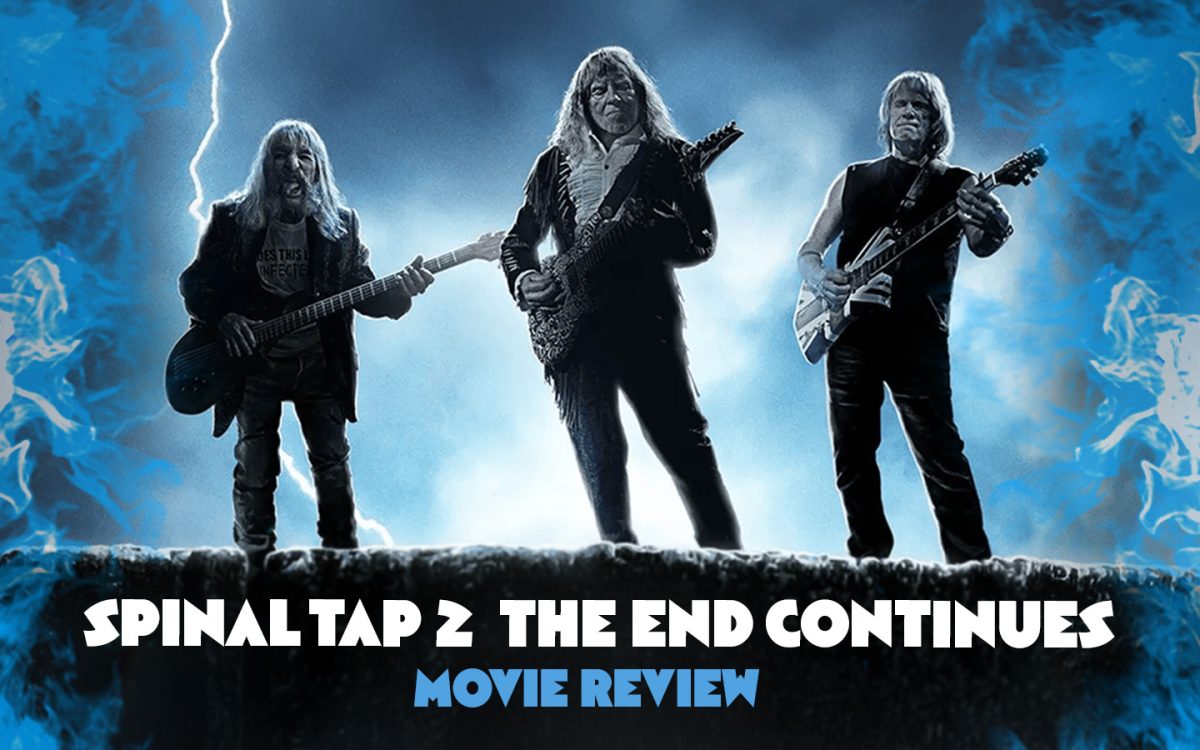Eyes on the prize
26th annual Pythagorean Prize announces award winners
April 25, 2021
The 26th annual Pythagorean Prize contest has concluded and the Mathematics Department has announced its top three mathematics winners for 2021. This year’s winners are first place, James Reddick ($3,000), second place Kejsiana Kastrioti ($1,500) and third place Matthew Fular ($1,000).
James Reddick
Reddick won first place with his essay Mathematics: What It Means To Me where he explains how math always has and will be part of his life.
“Math skills are all-around us,” explains Reddick. “I use math nearly every day on some level, like most people. As for higher math, I am currently pursuing a degree in Electrical Engineering at the University of Michigan. I chose this field in part because of its direct usage of advanced mathematics.”
He explains that what he has been taught is never far from mind because differential equations, linear algebra, discrete mathematics, and probabilistic methods are always relevant subjects in his field of choice. Reddick has worked hard to get to where he stands now, as he has not always been the skilled mathematician he is today. For a time, he had found himself drifting from school to school in search of success.
“The reasons for my failures were entirely my own, but I would later discover that a large part of what went so wrong was I had a substance abuse disorder,” he elaborates. “A decade later in my early thirties I fully realized and accepted my condition. I then made the much-needed mental health changes to stop the self-harm.”
After this epiphany, Reddick turned his life around and now identifies as being in long term recovery. Not long after he went back to school for the first time in a decade to finally get his education. He learned lessons such as patience, asking for help, discipline and self-compassion all thanks to math.
Kejsiana Kastrioti
Kastrioti won second place with her essay where she explains that her deep appreciation of math wasn’t always so strong.
“I remember as a kid sitting in my desk trying for the thousandth time to solve an (at the time very difficult) math question, my dad patiently trying to explain it to me step by step, and all my notebooks swimming in a lake of tears,” writes Kastrioti in her essay. “I laugh now looking back at it because I remember when being asked which was my favorite subject, my answer would be: ‘I don’t have a favorite subject, but I have one that I hate: Math.’”
This disdain began to diminish in high school, math became a puzzle where the student was in search of the solution. Every problem that she solved correctly led to a satisfied feeling and broader understanding on the subject. This, however, was not the end of Kastrioti’s struggles, two years ago she had left her home country of Albania for the United States. Alone in a brave new world, Kastrioti came to receive her education and become fully independent.
“Last summer I participated in the STEAMz Conference and I had to research a lot about the topic of Golden Ratio,” Kastrioti writes. “Never in my life I had been as surprised as when I found out how many applications Math had in art and nature. We all appreciate and love beauty in all its forms but have we ever thought that there is Math behind all this?”
This was the push that Kastrioti needed. She now plans to major in data science with her newfound respect for the subject. After transferring from Schoolcraft in the fall, she hopes to attend the University of Michigan to continue pursuing her dreams.
Matthew Fular
Fular won third place with his essay where he explains that math is the blueprint for all things in life no matter the context.
“Without math, economics, science, technology, architecture, and plethora of other things would cease to exist, including this essay,” Fular explains in his writing “Therefore, it should come as little surprise that any science or engineering major has become deeply intimate with math, and I would gladly argue that it has been the keystone to my college education.”
Fular has always had an appreciation of math and was no stranger to accelerated classes in his secondary education, but he struggled to turn his assignments in on time. Despite this, his respect for the work increased once he arrived at Schoolcraft.
“Math is not subjective like many of my other classes, it is either right or wrong,” Fular writes. “Every level of math has rules and reasons for the steps it takes to solve any problem, and it required me to fully understand my previous course content to continue on to the next class. I could track my growth with my math courses, it was not a one and done subject.”
This objectivity helped Fular stay accomplished and on track in regard to the subject. He appreciates the free-flowing utility of words in classes such as English, but prefers the numerical solutions that come along with math and science. He equates the subject to a Rubik’s Cube: Challenging at first, but made easier through trial and error.
With his passion for math, Fular plans to become an engineer. Currently majoring in mechanical engineering, and he wouldn’t mind being an engineering physicist or chemical engineer either. Ultimately, he hopes to work at NASA or SpaceX one day.
The Pythagorean Prize
The annual ceremony will be help on zoom on April 26 at 3 p.m. To participate in the event use the following link or meeting information:
https://schoolcraftcollege.zoo
Meeting ID: 836 8435 7598
Passcode: 013301
To follow in the footsteps of these students and participate in the Pythagorean Prize, students must:
- Be enrolled and have taken classes at Schoolcraft College during the Fall or Winter semester of the academic year of presentation.
- Be completing, or have completed, at least three mathematics courses at Schoolcraft College, with at least one course at the Math 200 level or above.
- Have an overall grade-point average of at least 3.25.
- Have a grade-point average of at least 3.50 in mathematics courses.
- Not have been a first place winner of this award previously.
- Have completed and submitted an application (see following page) and essay by the deadline date.
For more information about the Pythagorean Prize, please contact Lawrence Choraszewski at [email protected].









